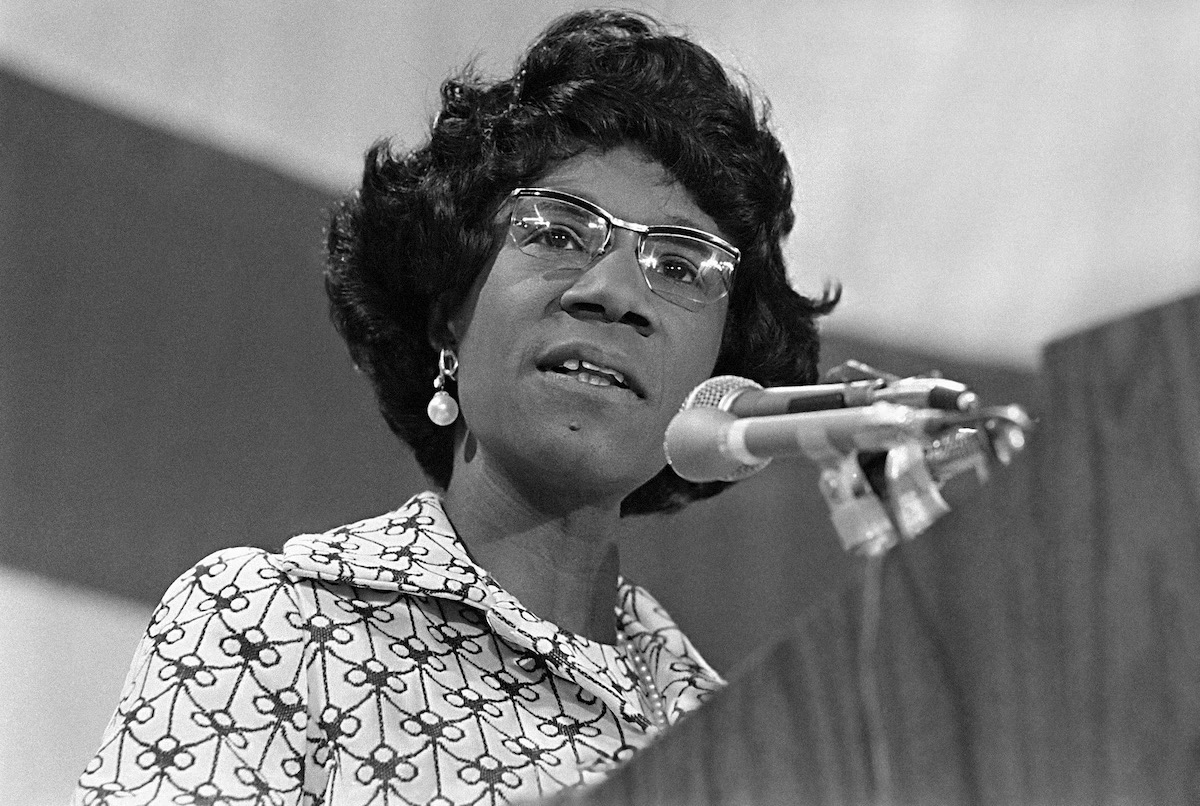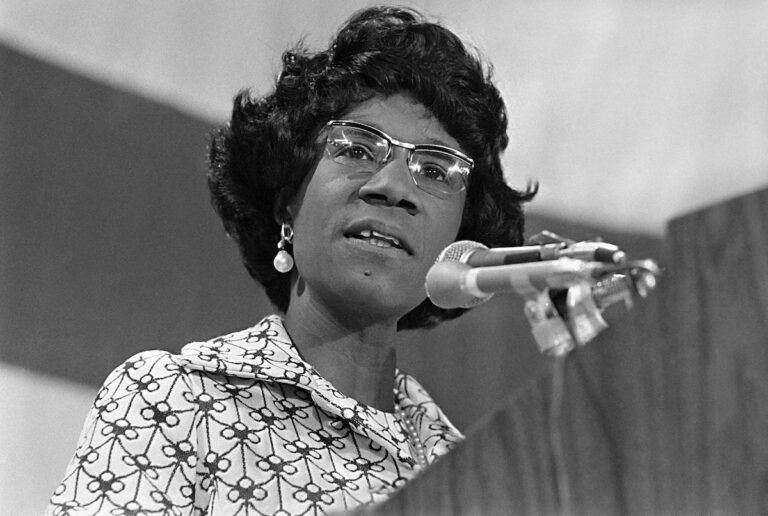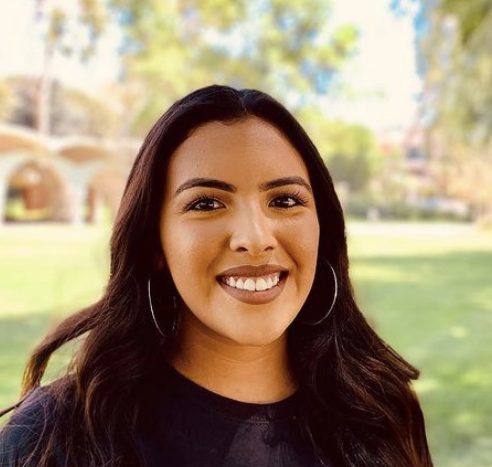The Black women who paved the way
More Of This
Annie Lee Cooper stood in line on Jan. 25, 1965, to register to vote at the courthouse in Selma, Ala.
Black people had been systematically stopped from voting by White voting registrars, but Cooper, dressed in one of her finest suits, was persistent. Civil rights legend John Lewis would later describe her as “upfront, pleasant and absolutely fearless,” and Oprah Winfrey would portray her character in the movie “Selma,” capturing Cooper and her determination that would exemplify the history of Black women fighting against racism and oppression and for political power in the United States.
Read the rest on Washington Post
Police killed Sonya Massey in her own home
Say Her Name
In the early hours of July 6, Sonya Massey called 911 looking for help with a suspected intruder. But within minutes of the officers entering her Springfield, Illinois, home, the 36-year-old mother was dead — fatally shot by Sangamon County sheriff’s deputy Sean Grayson. The police killing, which sparked protests in Massey’s name and drew the attention of President Joe Biden, was caught on tape, detailed in a 36-minute body-cam video released on Monday.
The sheriff’s office has fired Grayson, and a review of the Illinois State Police investigation conducted by a use-of-force expert found the deputy was not “justified in his use of deadly force,” per the state’s attorney in a news release. As of last week, Grayson has been charged with first-degree murder.
Read the rest on The Cut
Here’s what Project 2025 wants to do to the Justice Department
Less Of This

On a dreary April day in 2017, I was at the federal courthouse in Baltimore to report on an odd hearing. City officials and residents had turned out to demand that the federal government continue its civil rights investigation into the Baltimore Police Department, and the government was there to argue that its investigation should be halted.
Why did the government want to stop its own investigation? Because it had begun under the Obama Administration, and President Donald Trump’s Department of Justice now generally rejected the legitimacy of these kinds of probes.
This investigative approach has been used to look into abusive policing in Ferguson, Missouri, Minneapolis, and dozens of other departments since the mid-1990s — often after high-profile police violence. It typically leads to enforceable agreements between local officials and the Department of Justice known as consent decrees.
Read the rest on Marshall Project












